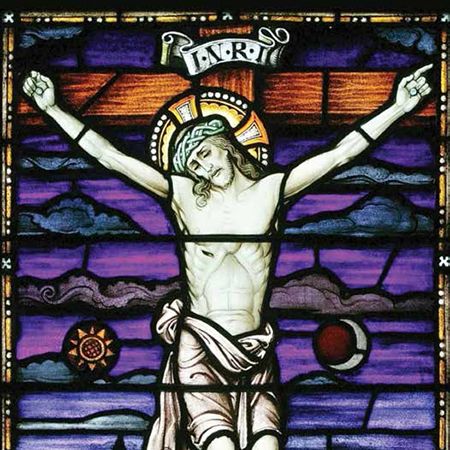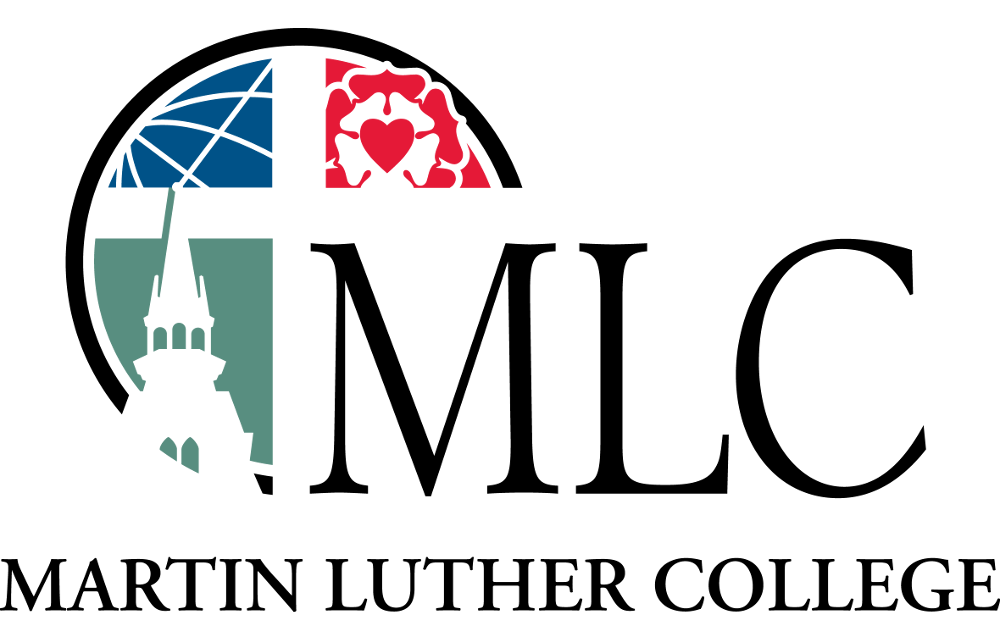For Christ, our Passover lamb, has been sacrificed.
(1 Corinthians 5:7b)

Although the Scriptures don’t specifically mention this, one can’t help but ponder the strange—or divine!—juxtapositioning of the events of Good Friday. In particular, we know that Jesus hung on the cross that dark afternoon between noon and three, as Matthew’s Gospel tells us (27:45), suffering divine judgment on sin.
What was happening elsewhere in Jerusalem? In particular, the temple was busy with activity. It was Passover weekend, and lambs were being sacrificed by priests and household leaders in the Courtyard of Israel by the thousands. To accommodate all the locals and visitors, they came in shifts—at 1:00, 2:00, 3:00 pm, the last being the time of the usual evening sacrifice.
At the very same time all those lambs were being sacrificed in the temple that Good Friday afternoon, the Lamb without blemish, spot, or defect (1 Peter 1:9) was entering the Holy of Holies in heaven and presenting himself as the final sacrifice for the sins of the world. On a small hill not far away from the temple, just outside the city wall, hung the Lamb of God to whom all those thousands of sacrificed lambs pointed, the Lamb to replace all lambs with their impure blood and temporary cure.
Passover in Jesus’ day was “family time” for the Israelites, much like our celebration of Christmas. There were reunions. There were gifts. There were hugs and smiles and fine dinners, especially that meal where families recalled God’s mercy and goodness in delivering his people from bondage in Egypt. In the end, that was always supposed to be the most important message and focus of the feast—gracious deliverance.
As Gentiles we may not share in the rich heritage of a festival dating back to the time of Exodus. But there is a heritage we do share with the ancient Israelites and with all people. It is the heritage of being born into the slavery of sin and death, “without God and without hope in the world” (Ephesians 2:12). It is the heritage of a pointless, purposeless life and hopeless future. It is the heritage that is much more than being born disadvantaged or underprivileged; it is the inheritance of the wages of sin—death and separation from a holy God forever.
But “Christ our Passover lamb has been sacrificed for us,” St. Paul reminded the Corinthians, and thanks be to God that we are also included in “us”! There on the cross hangs the true Lamb who takes away all our sin, shame, and guilt. There is the One faith looks to for forgiveness, for hope, and for final deliverance. And there is the Lamb whose life and death completely changes our life and death, as we live by faith in the joy of salvation Jesus freely gives.
My faith looks up to Thee,
Thou Lamb of Calvary,
Savior divine!
Now hear me while I pray,
take all my guilt away,
Oh, let me from this day
be wholly Thine! Amen.
(CW 402)
Dr. Keith Wessel serves Martin Luther College as a professor of Greek, Latin, and philosophy.



